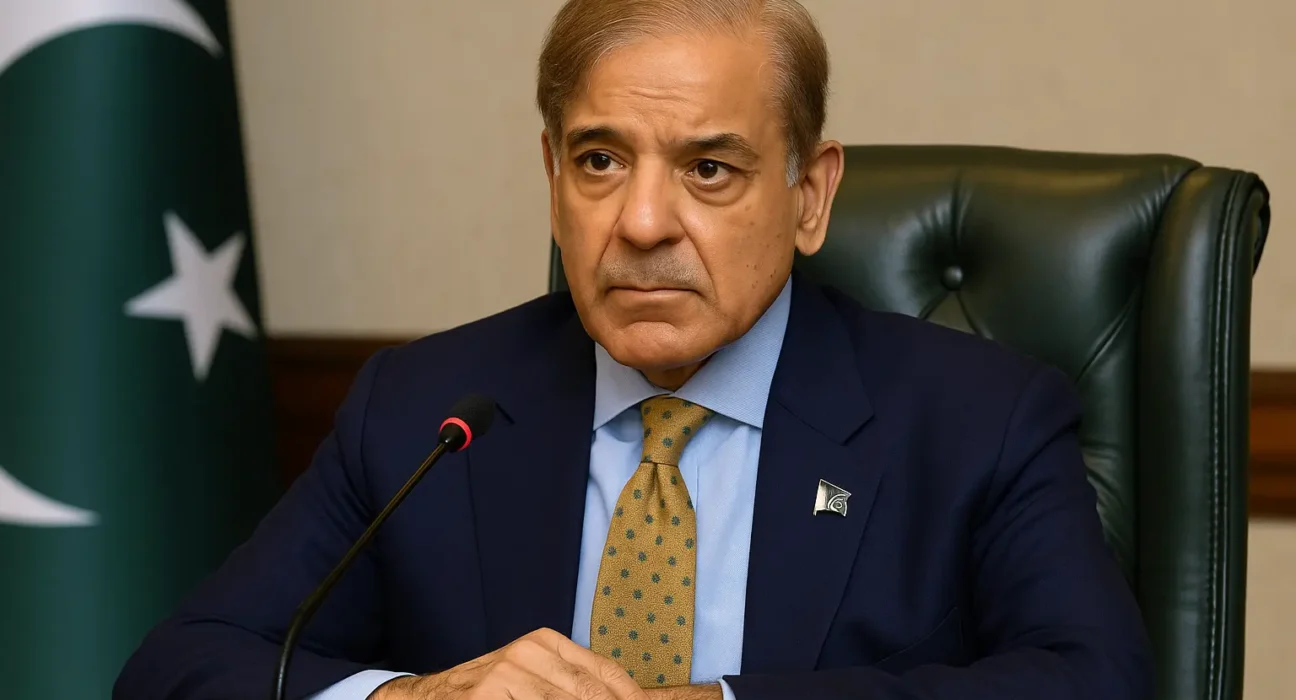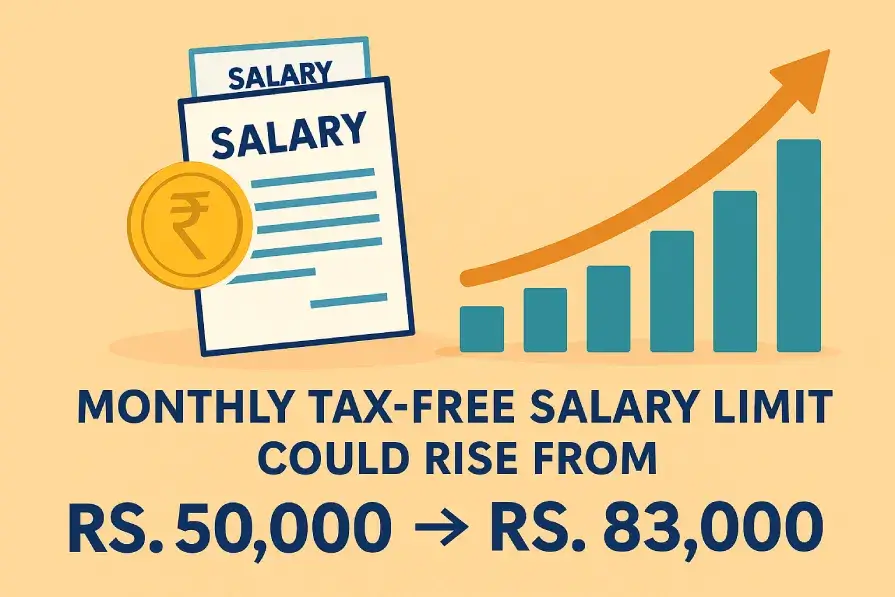PM Shehbaz Mandates Annual Health Checkups for Federal Officers in Pakistan

Every officer in Grade 17 or above is now required to undergo an annual health checkup, according to Prime Minister Shehbaz Sharif’s announcement. The policy is part of a growing national emphasis on preventive healthcare, a focus on well-being in the workplace, and keeping civil servants fit for the long term.
This new approach demonstrates that public sector health will be addressed as a nationwide issue rather than just a personal matter. From now on, officers will undergo a comprehensive medical examination annually, which will be covered by their respective ministries.
A Preventive Approach to Public Sector Wellness
The goal is to identify health concerns quickly and promptly and prevent chronic health issues from interfering with work. The roles civil servants take on are often highly demanding, and diseases such as hypertension, diabetes, and heart problems may gradually reduce how productive they are.
Through annual health screenings, the government hopes to find early signs before they develop into major illnesses. As a result, individual health is protected, and the administration is better organized and more responsive to the needs of its citizens.
Learn More: TKR to Open Its First International Pakistani Restaurant in Bradford on May 23
Government-funded and Organized Medical Exams
A key point is that your hygiene checkups will be provided free of charge, thanks to a government initiative. Officers will not have to pay for care themselves, and no need to find a doctor. The Ministry of Health will collaborate with other federal ministries to coordinate all necessary preparations.
• The government covers any expenses of federal officers.
• Systems put in place for equal and predictable decision-making.
• Scheduling is done by ministries to ensure that things don’t get disrupted.
Due to its structure, busy individuals can easily schedule and attend medical checkups.
A Culture of Preventive Care and Health Awareness
By doing this, Pakistan is helping create a foundation for prevention in healthcare. Delivering services to the nation often leads public servants to put themselves last. It represents a new direction—employee health is now at the heart of how the university is run.
It aligns with the overall goal for American health coverage, as emphasized in various public health objectives and approaches. The government inspires all public and private sectors by prioritizing the health and well-being of its employees.
Why This Move Matters Now
After the COVID era, institutions now see health differently. Awareness of public health risks is prompting Pakistan to recognize that leaders must have a healthy workforce to remain resilient. Staying at work for long periods, working under stress, and sitting for too long mean that health tests are now more crucial than ever.
This policy addresses several significant issues.
Increasing numbers of preventable diseases among civil servants.
• very busy Officers tend to overlook their own health.
• Preventing illnesses is better than treating them after they happen.
The government of Prime Minister Shehbaz clearly understands that providing services to the public means being healthy, transparent, resilient, and focused.
Learn More: India Launches Missile Strikes on Pakistani Cities: Escalating Tensions Raise Global Alarm
Building a Stronger, Smarter Public Sector
Healthy employees tend to accomplish more, stay on track, and are generally happier at work. As a result of the policy, the government ensures the security of its employees and enhances the standard of governance.
If the public sector is strong, it responds more effectively to crises, brings about reforms more efficiently, and treats its citizens better. Yet, the simplicity of this initiative conveys a notable message to society: prioritizing wellness is essential for good governance.
A Model for Other Sectors
It may also inspire advertising watchdogs, private companies, and government authorities across the country to do the same. By promoting health awareness, the federal government encourages people nationwide to take better care of their health.
If private businesses and school systems adopt these steps, we could expect national health to improve, managing chronic diseases to become simpler, and healthcare costs to decrease over time.
Looking Ahead: Long-Term Impact and Policy Integration
Annual health checkups are not only beneficial for the patient but also for the entire community. Eventually, such policies can create the following effects:
• Help people avoid missing work because of sickness.
• Spare government money that would be spent on expensive treatments for people in the final phase of the disease.
• Build greater trust in the way the government runs its services.
As a result, healthcare and government agencies can join forces, making it possible for digital health tracking, preventive care programs, and using HR systems focused on employees’ health.
Conclusion
By calling for annual health exams for upper-level government officials, Prime Minister Shehbaz Sharif has demonstrated himself to be an innovative and courageous leader. It prioritizes the body’s protection, emphasizes good health over speed, and ensures that responsibility takes precedence over routine.
Not only is it a policy, but it’s also a way to achieve a healthier Pakistan, working from the government down to everyone else. Arranging infrastructure, utilizing government funds, and creating jobs by following clear paths will lead to a better, more vigorous, more productive, and more dependable group of public service workers.
Visit ZOQ regularly for the latest news on health reforms, changes in the civil service, and leadership in Pakistan.









